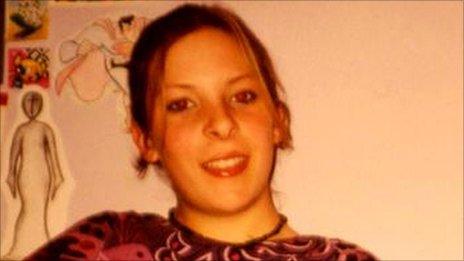Milly Dowler's sister: We have a chance to be happy
- Published
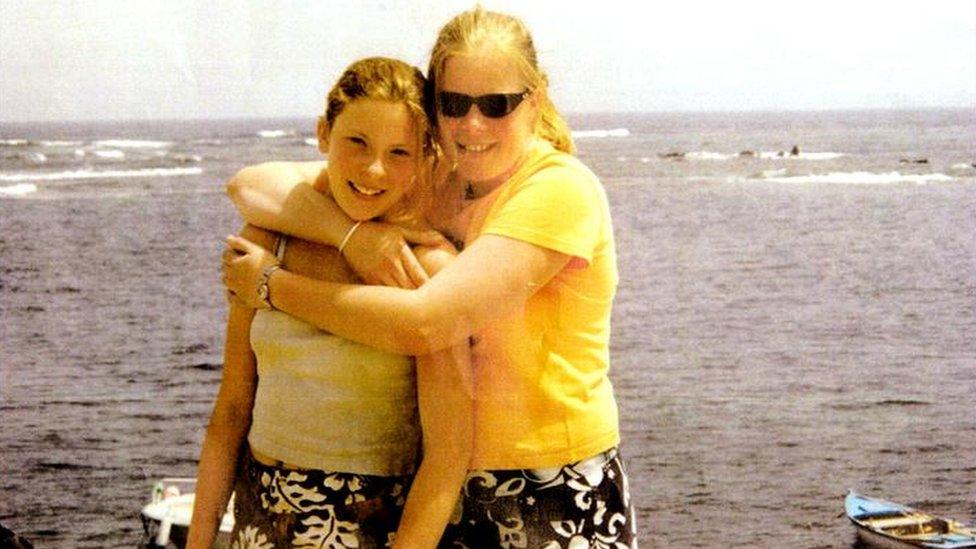
Milly and Gemma on holiday in Lanzarote in 2001
On the week Milly Dowler would have been 30, her sister tells the BBC's Victoria Derbyshire programme how the family is reclaiming her memory from tabloid headlines of her murder.
"I never thought at the end of the trial - it was so dark, everything torn down - that we could get to the place we are now. My childhood was in pieces again," Gemma Dowler says.
"I was like a ghost, stuck in the past with so much anger, and then slowly accepting the anger.
"Moving forward and grieving has saved us."
Milly, 13, was abducted on her way home from school in Surrey in March 2002. Her body was discovered six months later.
In 2011, serial killer Levi Bellfield was found guilty of her murder and given a whole-life prison sentence, following a high-profile trial the Old Bailey.
But the Dowler family said it felt like they were the ones on trial, with Gemma describing the day her parents were questioned by his defence as the worst of her life.
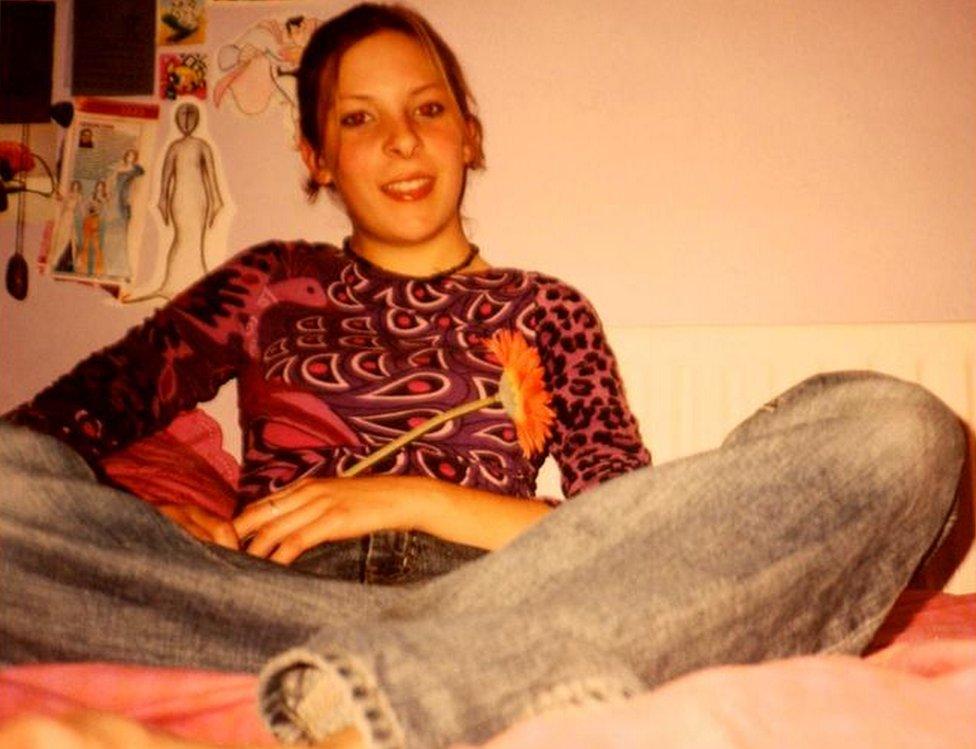
Milly would have been 30 this year
"I was so angry and disgusted at the system - and the way we were treated - it was so weighted towards the defendant," Gemma says.
"It was so hard thinking about Bellfield having seen everything from the house, holding things Milly would have held and written. To be confronted by that was horrific."
The family's experience led to an outcry about the handling of victims.
"I don't think there have been enough changes to how things work - but I don't want to crusade anymore," Gemma says.
"To change how families are treated would take years. I hope sharing our story will have made some small difference."
Gemma wants people to see a much-used video of Milly in a new light
Recovery
Gemma credits much of her mental recovery to a type of therapy called eye-movement desensitisation and reprocessing (EMDR), which she tried after she saw it had helped her mother.
When Milly was taken it was "like a grenade went off in my brain", Gemma says, but the therapy "saved our lives".
EMDR works on the theory that traumatic memories have not been properly processed by the brain but can be reprocessed correctly via therapy involving eye movement and sounds or taps to the skin while going through the past traumas.
"It was a completely different way of looking at how we suffered, because it was dealing with trauma," says Gemma, explaining that it allowed her to express anger in a safe place.
"I knew I wanted to get better. As soon as I started remembering memories, I was able to clear the space to get them to come to the fore.
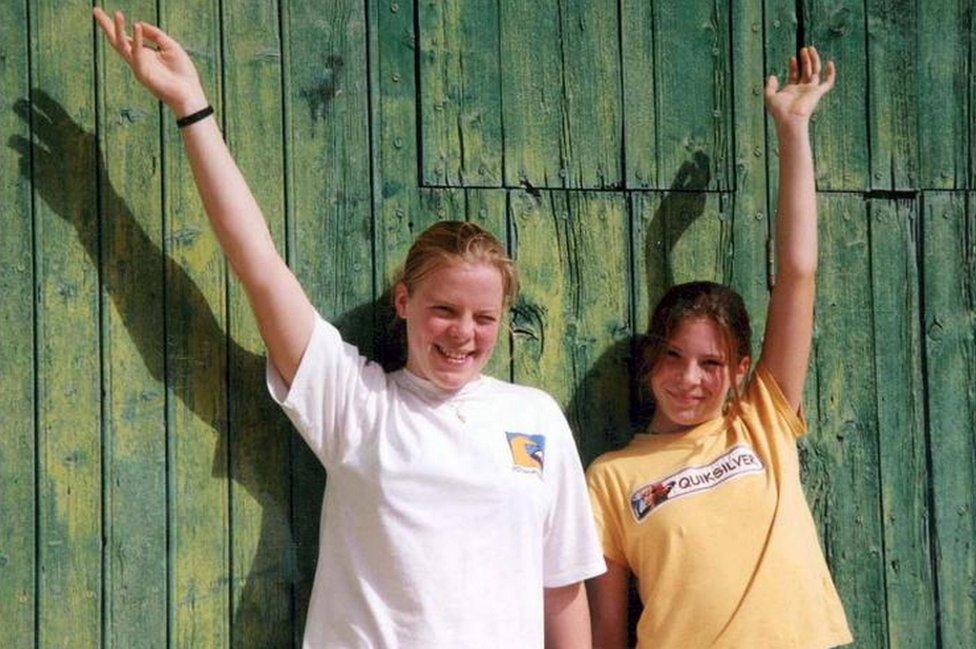
Gemma and Milly in Greece in 2001
"My therapist explained that I was like a rose caught by frost. When she removed the trauma, some of the petals were able to blossom. That was incredible. The fact I could have my own life and be independent of my mum and dad."
She is now having a different form of therapy but is doing so well she is working towards ending it.
"It has been a long road to recovery. But in the year that Milly would have been 30, it feels like a massive milestone."
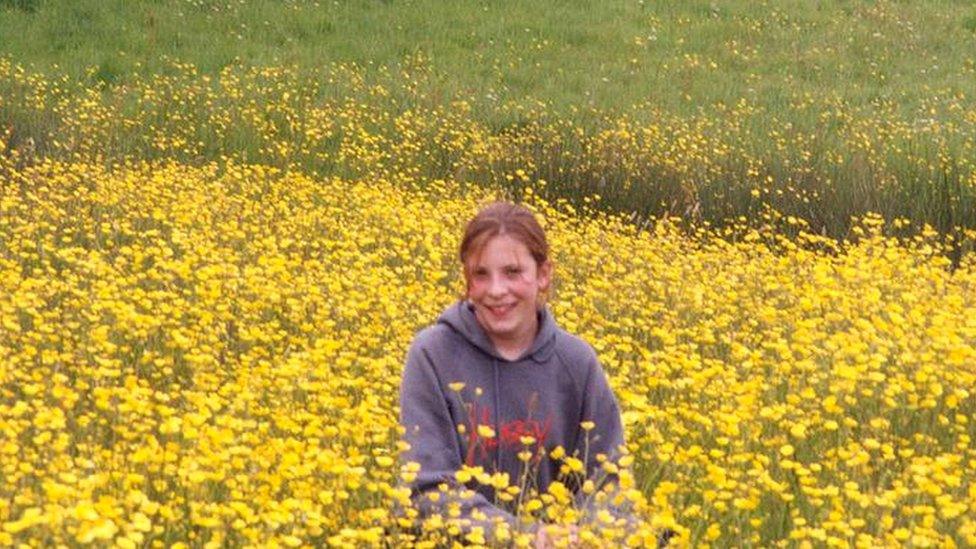
Last year, Gemma published a book called My Sister Milly, which describes Milly's life from her birth until the day she was abducted, with her aiming for people to feel "I wish I had known her".
She says the best thing about writing the book was unearthing things from Milly's room, which she says was incredible, "the best way I can ever remember my childhood".
Milly's birthday
Milly would have turned 30 on 25 June - Gemma says she would have marked it with "some cheesy music, some old stuff with Dad, but probably more cooler current stuff - understated".
Gemma says she marked the date with the family at a special picnic at a beach to "blow away all of the cobwebs", adding that this year had "definitely been better".
But this year was also the first she decided to mark the date of Milly's disappearance separately, with a friend at some botanical gardens.
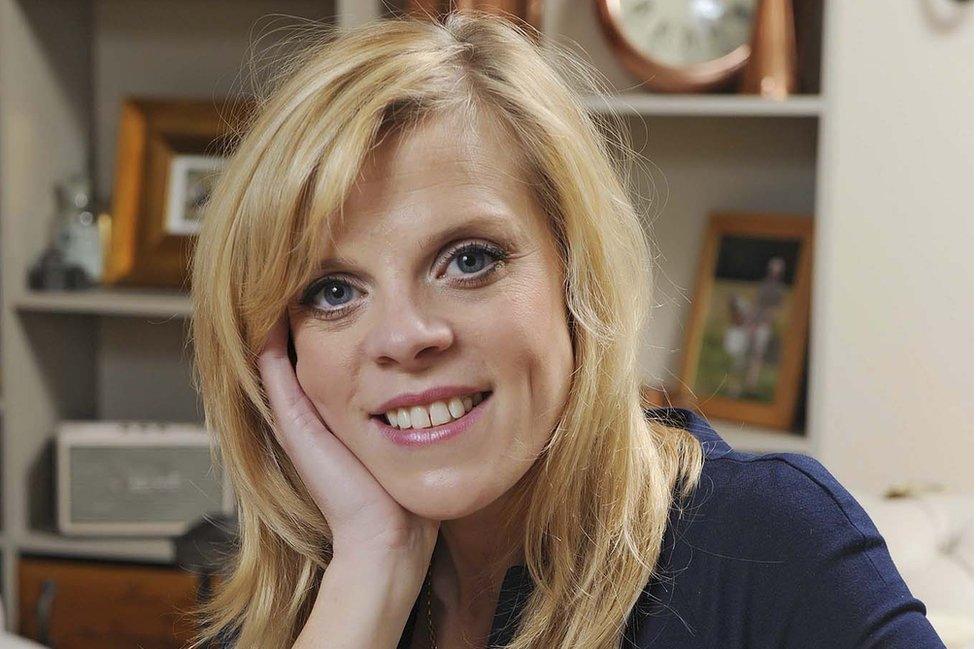
"The chance of me having a happy ending is completely possible now," says Gemma
"I embraced all of the nature - it was so sunny. A butterfly emerged from nowhere. I could hold my own grief and celebrate it rather than worrying about Mum and Dad.
"It was an incredible day. I felt closer to her than I had for a long time. The freedom of releasing the book has done that. I can put away the warrior - I don't have to relive it to remember it.
"I have my memories in a treasure box that I can look back on as I wish."
Gemma is taking some time out after writing the book. She is living in her own home and has a boyfriend.
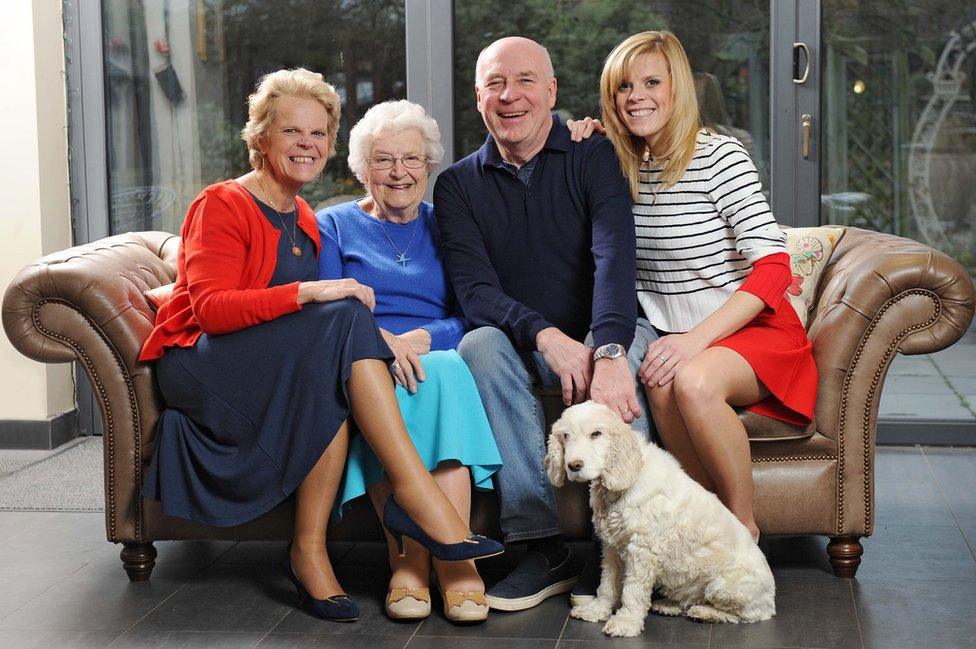
Gemma with her and Milly's mother, grandmother and father
"I am savouring these moments. There is so much more light in our lives. And seeing my mum and dad the way they are now, I never thought I would see this - Mum enjoying parties and celebrations. It's lovely.
"The chance of me having a happy ending is completely possible now. Knowing that has done my mum and dad a world of good."
Watch the BBC's Victoria Derbyshire programme on weekdays between 09:00 and 11:00 on BBC Two and the BBC News channel in the UK.
- Published28 June 2017
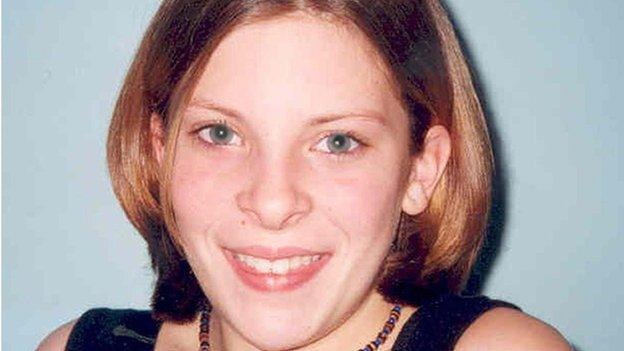
- Published10 February 2016

- Published23 June 2011
